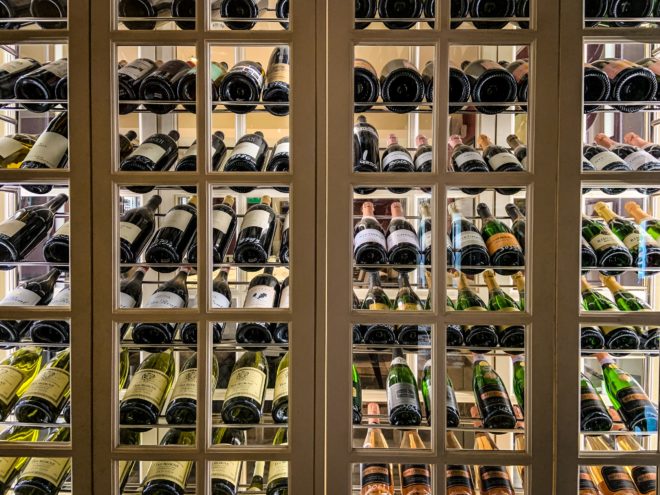Restaurateurs Leverage Excess Alcohol for Cash Flow

Faced with mounting bills, many restaurant owners have been selling down their bottled reserves. Benefiting from long shelf life, unopened alcohol bottles are usually the most valuable tangible assets aside from a restaurateur’s actual building. During the next few months, owners expect low patronage anyway due to social distancing rules, so selling extra bottles will not likely affect sales significantly.
Wine cellars and liquor cabinets can help owners raise immediate cash, and there are government stimulus programs to help. On March 10, 2020, Michigan Governor Gretchen Whitmer signed a buyback program for restaurants to sell their excess spirits inventory at 100% of their purchase price, helping restaurants raise millions of dollars.
Other states followed suit. Ohio Governor Mike DeWine approved a liquor buyback on March 15. Texas Governor Greg Abbott directed the Texas Alcoholic Beverage Commission to allow manufacturers and retailers of alcohol to repurchase unopened products. Several municipalities in North Carolina also launched liquor buyback programs.
As patrons have acclimated to COVID-19, many have downloaded delivery apps for the first time. Seeking to enhance revenue, restaurants sought lucrative upsells like desserts and beverages — especially lucrative, alcoholic beverages. Texas Governor Abbott issued a waiver to allow restaurants to deliver beer, wine, and mixed drinks alongside food purchases. Alaska Governor Kevin Meyer enacted a similar bill, as did Virginia Governor Ralph Northam.
In Massachusetts, Bill H.4598 allows restaurants to sell sealed wine and malt beverages alongside food deliveries. Regulators enacted similar laws in other states including New Hampshire, Washington DC, Maryland, Illinois and California.
Consumers certainly appreciate the drinks. In Texas, for example, there is an active petition with thousands of signatures to encourage these temporary measures to be implemented permanently. On April 29, Governor Abbott tweeted, “From what I hear from Texans, we may just let this keep on going forever.”
Some municipal authorities are also helping restaurants to ease the time and costs associated with gaining a liquor permit. In Los Angeles, officials have announced a new regulatory pathway that allows qualifying restaurants to receive over-the-counter liquor licenses. To aid small business owners who have struggled under COVID-19 shelter-in-place orders, the so-called Restaurant Beverage Program potentially reduces fees from $13,000 to $4,000 and also processing time from six to two months. City officials say that these reductions come “largely as a result of community input.”
As consumers order more food deliveries with or without alcohol, delivery apps have surged in popularity during the pandemic. Today, Uber unexpectedly approached GrubHub with a takeover offer. With a market capitalization of approximately $60 billion, Uber is ten times as large as GrubHub. Shares of GrubHub rallied 36% before the New York Stock Exchange halted trading at 2:09pm.
Alcohol is a critical source of profit for struggling restaurants. U.S. beverage alcohol association presidents co-signed a letter to U.S. Treasury Secretary Stephen Mnuchin, seeking COVID-19 relief for restaurants by way of deferred federal excise taxes for wine, beer and distilled spirits.
Photo by Nick Fewings on Unsplash

Leave a Reply